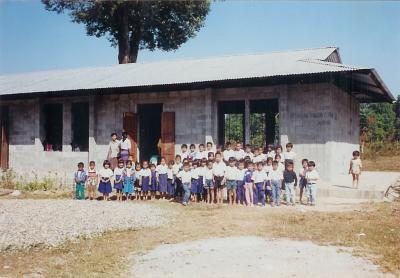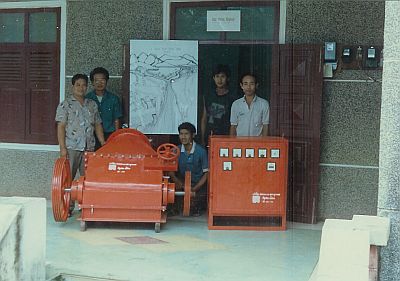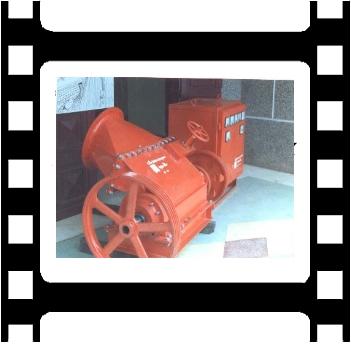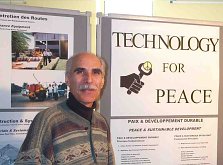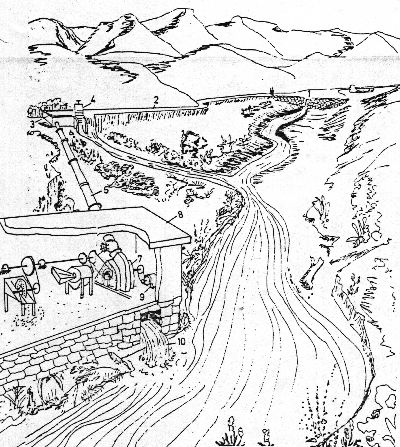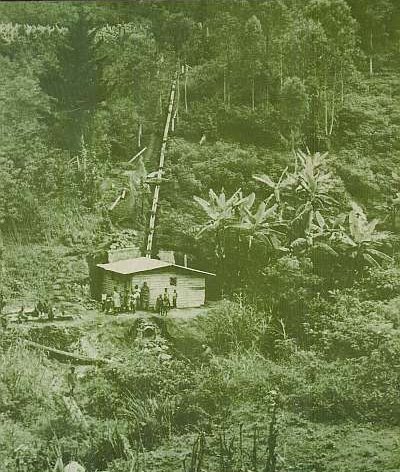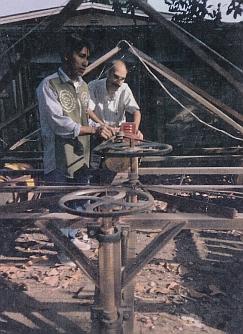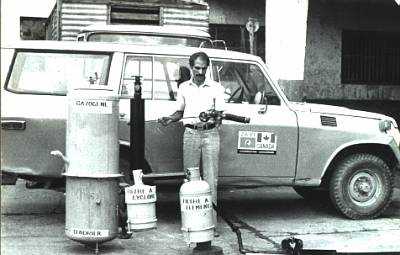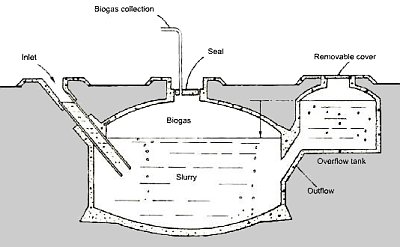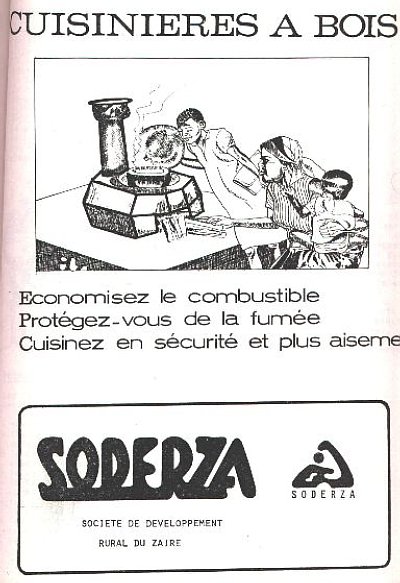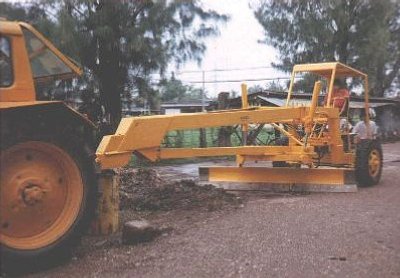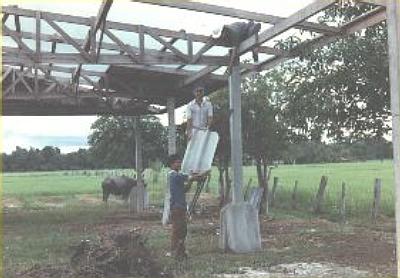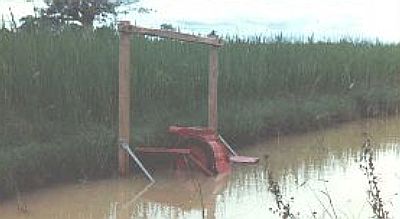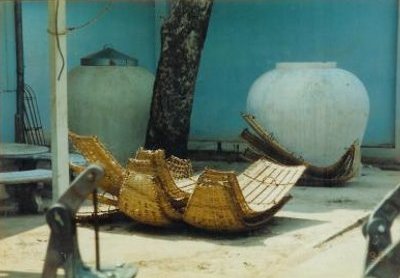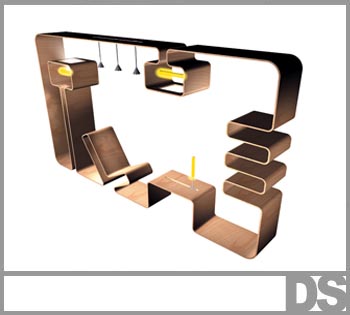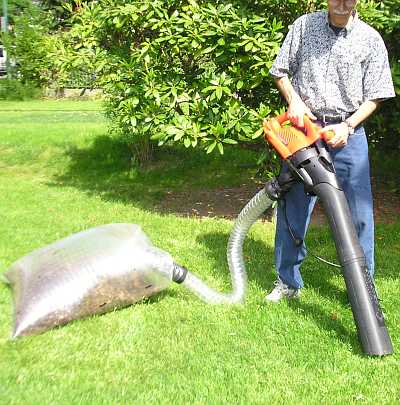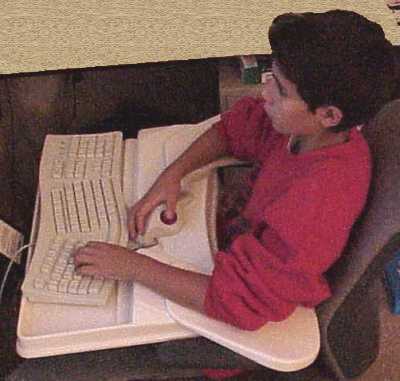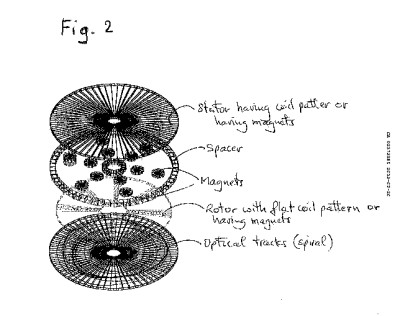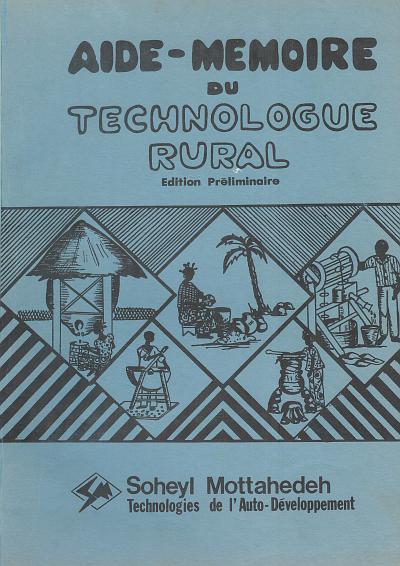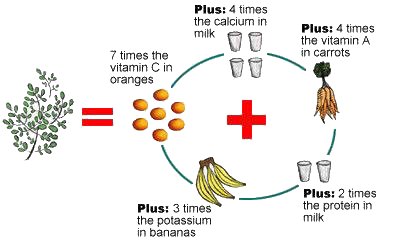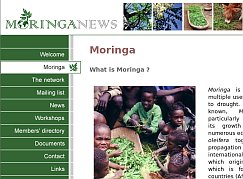Soheyl Mottahedeh
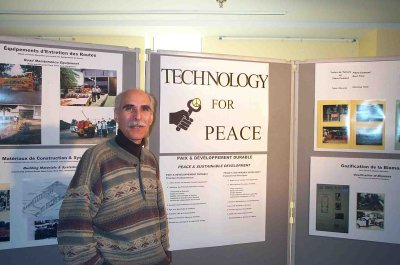
Soheyl Mottahedeh is a Canadian engineer, founder of Smart Innovations. Soheyl graduated with a mechanical engineering degree from the University of Toronto in 1974 and with a Master's degree in Rural Engineering from the Laval University in 1990. Upon graduating from UoT in 1974, Soheyl designed a cleaning system for the CN Tower in Toronto, then the tallest building in the world, after which he was hired as a research engineer and inventor for the Industrial Research Center of Quebec (CRIQ). In 1976, Soheyl and his late-wife Monique volunteered to assist rural communities in the Republic Democratic of Congo (RDC). The couple stayed in RDC for 13 years initiating social and economic development projects around Kisangani, Bukavu and Goma with projects extending to Rwanda and Burundi. In 1989, the couple moved to Lao PDR, www.worldbank.org/lao in Southeast Asia, where they continued to initiate more development projects in Lao PDR, Cambodia and Thailand for a period of 7 years.
In 1976, when Soheyl first arrived in RD Congo as an independent volunteer, with no financial resources at his disposal, he was asked to build a chalk factory. He quickly learned to make the best use of local materials and resources he could find. Many schools had stopped operating for lack of educational materials. He recycled all the steel he could find in junk yards and built a first factory. Encouraged by the receptivity he received, he continued introducing other appropriate technologies in surrounding communities. His work attracted the attention of CIDA., the international development agency of Canada engaged in assisting the commercialization of agricultural products of the north-eastern part of RD Congo (CIDA/CECOPANE Project). Soheyl joined the Canadian team for three and half years and carried out socio-economic surveys, created new agricultural cooperatives and designed and introduced solar dryers and biomass gasifiers in villages around Kisangani and Butembo in the Kivu province of the RD Congo.
After the CECOPANE project, Soheyl remained in RDC and founded a development organization he named SODERZA, the Rural Development Company of Zaire, an organization dedicated to empowering artisans and villagers through technical and social enterprise development programs. Along his work with SODERZA, Soheyl taught a course on Appropriate Technology at the Rural Development Institute (ISDR) in Bukavu, where he trained hundreds of rural technicians to design, build, test and introduce appropriate technologies for rural communities. A year later, Soheyl built his first micro-hydropowered grain-milling site for which he was awarded by Appropriate Technology International (ATI) a first grant of US$283,000 for introducing hydropowered milling in Eastern Congo. ATI (funded by USAID) is an organization based in Washington, DC that was represented at the time by Hugh Allen, a visionary ATI project manager who approved the project after a technical inspection by Allen Inversin of the National Rural Electrification Cooperative Association (NRECA). The early SODERZA cross-flow water turbines were designed to generate only mechanical power to operate hammer mills. In 1986 Soheyl was invited to visit micro-hydropower projects in Nepal and exchange technology experience with Nepalese artisans.
In 1988, Guy Petitpierre of the European Economic Community EEC/RDC awarded SODERZA a grant to expand the project to 10 more villages in Kivu by introducing rudimentary elements of electrification in each project. Parallel to his passion for technology development, Soheyl's primary passion came from the knowledge he acquired by volunteering for the BIC. Based on this knowledge, Soheyl established functional literacy programs in 100 villages in localities where the population had established strong local governing councils based on ethical principles and practicing the art of consultation. With ethical principles and unity of thoughts and vision, these principle-based governing councils mobilized the population. The development program resulted in a chain reaction effect: collective agricultural fields emerged everywhere to train and finance local teachers to launch functional literacy programs - these teachers would in turn introduce improved seeds, better commercialisation technics and primary health care. With additional training and education from the BIC, UNICEF and other humanitarian organizations, the program expanded to over 500 villages of both North and South Kivu. With no financial expectation from outside, the population's focus turned into achieving self-sufficency and self-reliance, capacity building, acquisition of skills and knowledge, learning collective decision-making principles and using material and spiritual education to improve one's quality of life.
SODERZA continued to operate, after Soheyl's departure in 1989, and kept generating and replicating appropriate technologies in RDC, despite many years of civil war and unrest that followed.
A month before social unrest erupted in RDC and unaware that such a civil war was to come, Soheyl's family left RDC Congo to initiate appropriate technology projects in two of the poorest countries of Southeast Asia, Lao PDR and Cambodia. Again, at his own initiative, Soheyl started job creation projects in over 100 villages in both Lao PDR and Cambodia using social enterprise development programs and appropriate technology as a base. During 7 years of his stay in Lao PDR, Soheyl provided training to many technicians and villagers in the generation and replication of a wide range of appropriate technologies including micro-hydropower turbines, in-stream turbines, biomass gasifiers, bicycle and motor-driven roof-tile making machines and low-cost building methods. He also recycled many pieces of army equipment left after the Vietnam war in Lao PDR and redesigned them into a wide range of towed equipment for road maintenance - these were sold to the Asian Development Bank to assist Lao PDR. He also started research on biofuels from plants locally called "Mak Niau". In that same period, Soheyl initiated cottage industries for Lao refugees including chalk manufacturing projects in Cambodia on behalf of CIDSE. He also carried a national survey of all UNICEF-funded water and sanitation projects in Lao PDR.
Over a span of 20 years, many organizations funded Soheyl's initiatives including CIDA, ATI, USAID, SIDA, ADB, UNICEF, CIDSE, SWEROAD, SILVINOVA, BCEOM/France, USA, French, Canadian and Lao governments, etc.
In 1996, Soheyl returned to Canada (vancouver.com), initiating a number of environmentally responsible innovations that resulted in patented products ( powerbagsystems.com) that he licensed to hardware stores such as (Canadian Tire) and manufacturers in USA, Canada and China. Soheyl's attention is now focused on issues relating to global warming and ethics. Together many other professionals, he has created a new Consortium called EquiCarbon.
to reduce global warming by assisting projects interested in Clean Development Mechanism (CDM), primarily in the energy sector.Soheyl's keen interest and experience in the introduction of principle-based environmentally responsible technologies that bring about sustainable communities has prompted him to collaborate with like-minded agencies to use Carbon Credits and CDM voluntary contributions to fight poverty and to promote best environmental practices. More specifically, he is looking at Programmatic CDMs, as an incentive to reverse the cycle of poverty while establishing environmentally healthy practices.
As a board member of 3 charitable organizations (Partners For Prosperity), Art for Development, and UNIDA, Soheyl continues to advise projects in developing countries, namely on matters relating to both financial and alternative energies. He is often invited to share his international experience at conferences with organizations such as Engineers Without Borders in Canada, and now at universities in China. Soheyl speaks 5 languages and is committed to promoting cultural exchanges.
